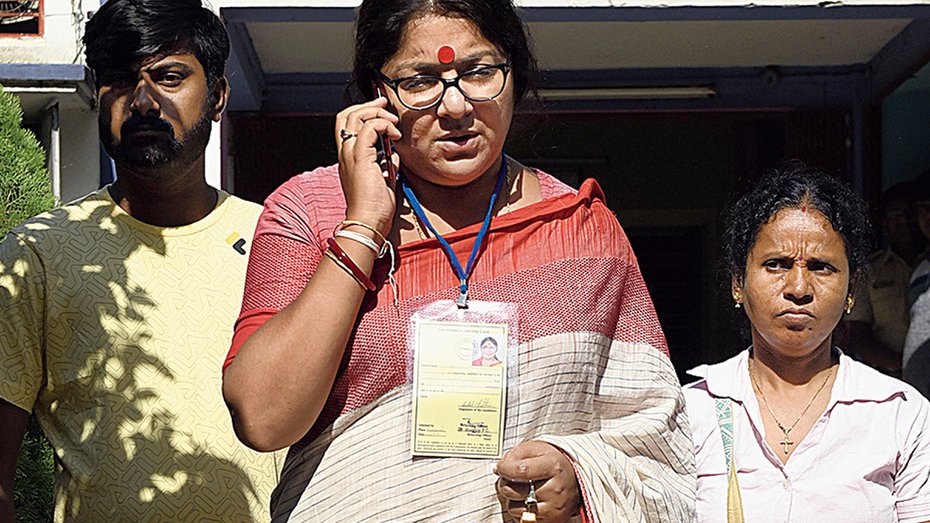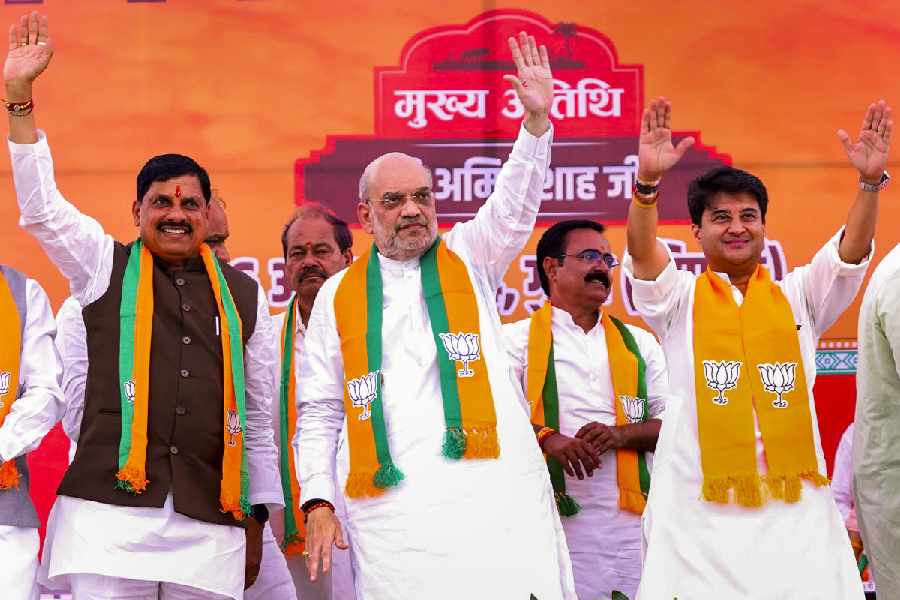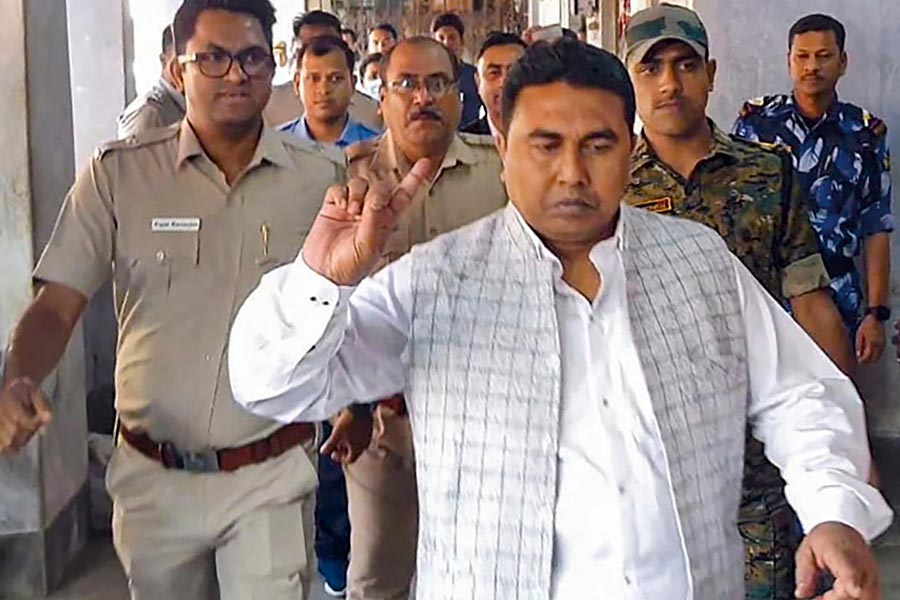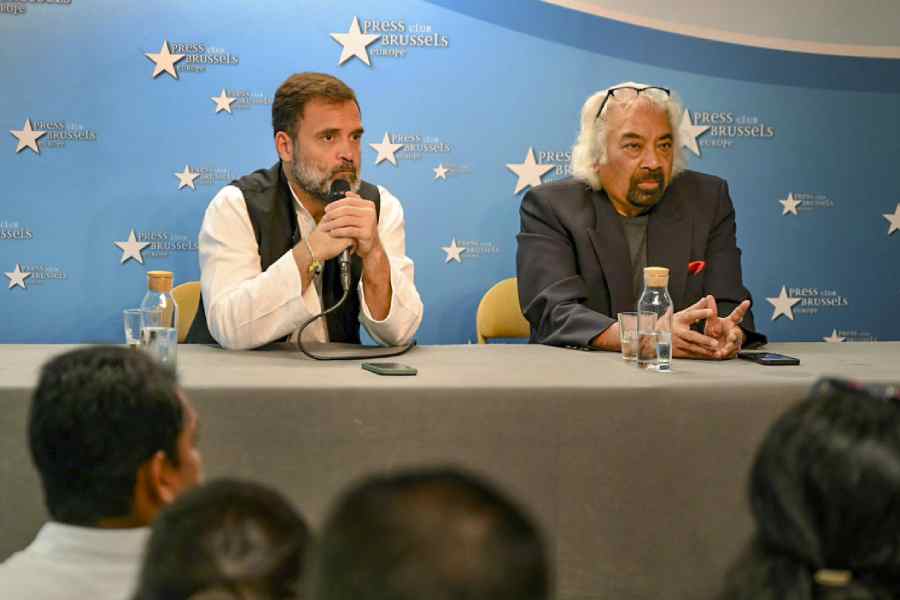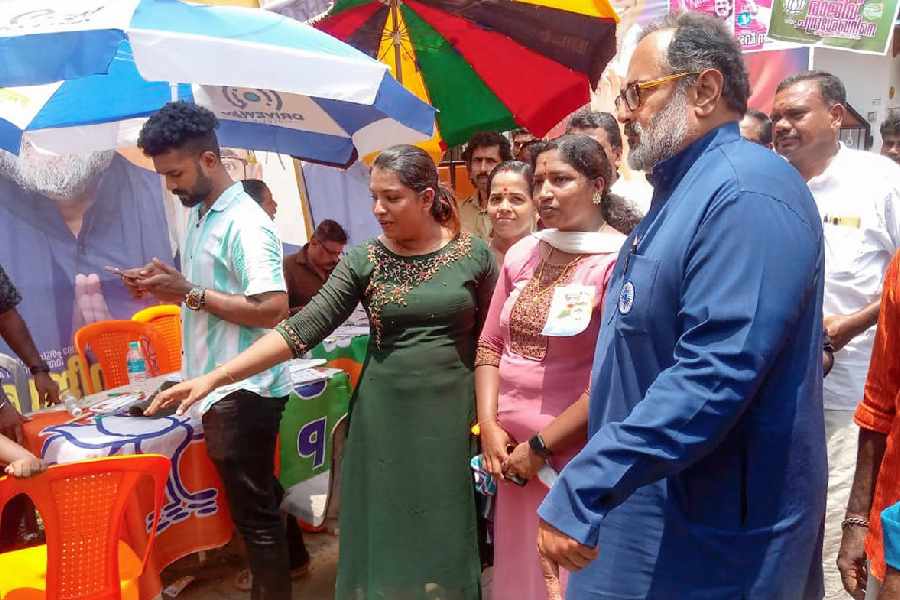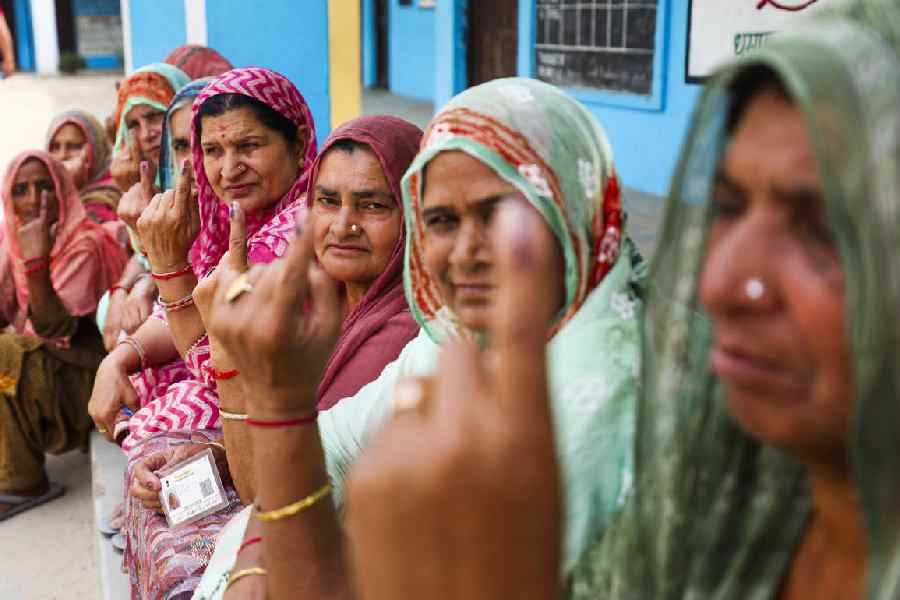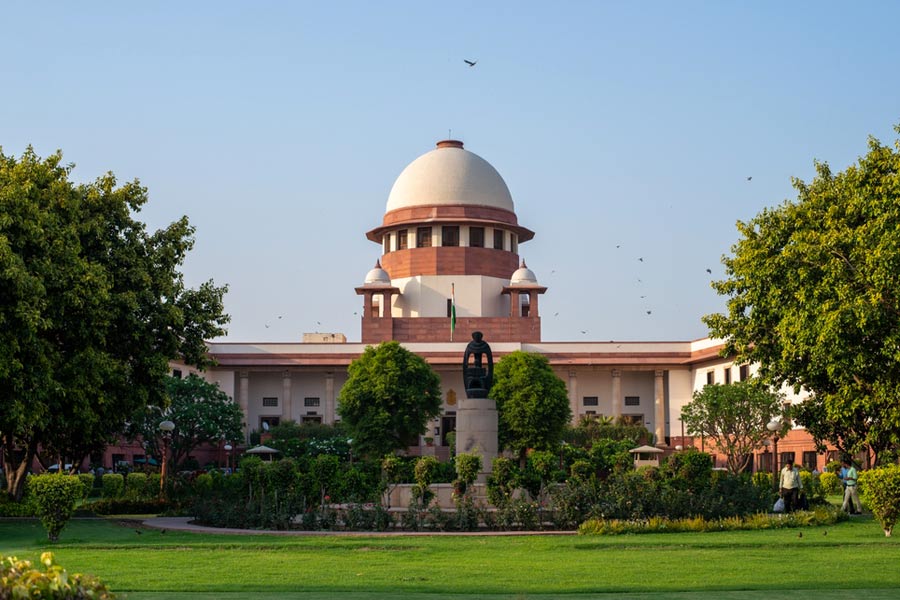Locket Chatterjee’s final victory margin was over 72,000, but she was jittery even when she was ahead by over 65,000 votes and her supporters had started celebrating. She was convinced only when the counting was over.
“Yes, I was tense. The battle was so difficult,” said Locket, the BJP nominee from Hooghly, whose surprise victory was a topic of discussion in the state BJP headquarters on 6 Muralidhar Sen Lane in Calcutta.
A Left bastion since 1957, except in 1984 when the Congress won riding on the sympathy wave after Indira Gandhi’s assassination, the Hooghly Lok Sabha constituency — the cradle of Bengal’s anti-land acquisition protests in Singur — changed hands in 2009 when Trinamul’s Ratna De Nag emerged a winner. As the region turned from red to green, De increased her margin and won the seat again after five years by over 1.8lakh votes.
On Thursday evening, De — a doctor from a political family — lost the battle to Locket, whose family has been priests of the Dakhineswar temple for generations.
Locket, a Tollywood actress-turned-politician, said she was aware of the political history of the constituency, which was represented by Hindu Mahasabha’s N.C. Chatterjee, father of former Lok Sabha Speaker Somnath Chatterjee.
“Last few years, I was part of movements in Birbhum, Bankura and Purulia. So when I was announced as a nominee from Hooghly, I was a bit surprised and nervous. But the people of Hooghly gave me their love and so here I am,” said Locket, who has acted in 100-odd Bengali films.
The film career, however, came to a grinding halt since she joined the BJP in 2015 after a brief dalliance with Trinamul. In 2016, she contested the Assembly election as the BJP nominee from Mayureshwar but lost.
“My political decision cost me dear in my professional life as I became an untouchable in Tollywood after I joined the BJP. Producers and directors would call me up to say it was not possible for them to cast me as I was not on the right side of the political divide,” Locket recounted on the biggest day of her four years in politics.
The political career was not smooth either for Locket, who was often overshadowed by another Tollywood entrant in the saffron camp, Roopa Ganguly. In the conservative saffron camp, some party leaders would often express their doubts about what an actress could do for the BJP.
Sources close to Locket recounted how she tried to slip into an Uma Bharati look and adopted an aggressive speech delivery style in her attempt to be in sync with the saffron camp. To prove her mettle, she started visiting the districts, especially the tribal-dominated areas to make her mark.
“After our party workers were killed, I spent so many days in Purulia. Our efforts made the Purulia killings a national issue. Whenever there was any news of a Trinamul-led violence, I always tried to rush to that area,” Locket said.
This attempt of standing by the victim, according to her, was her USP in this Lok Sabha polls. “I told people that I would try to ensure a violence-free Hooghly,” said Locket, who was among the busiest BJP campaigners across the state.
Unlike her competitor De, who could not take the load of extensive campaigning due to failing health, Locket was making repeat visits — at times on foot or on cycle — to the constituency despite the extreme heat. “The hard work paid off. Now I want to do something to reopen the closed factories in the area so that people get employment opportunities,” Locket signed off.

